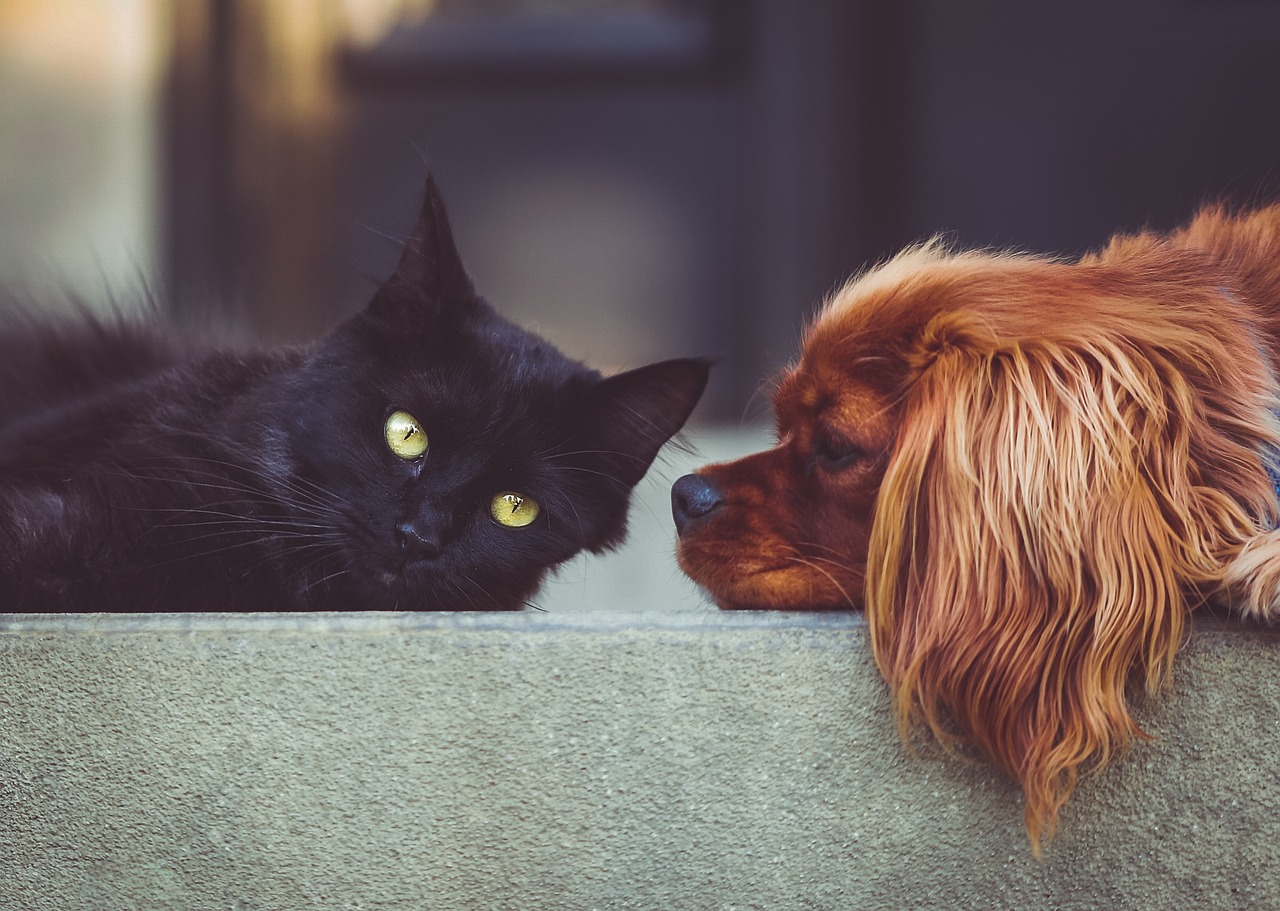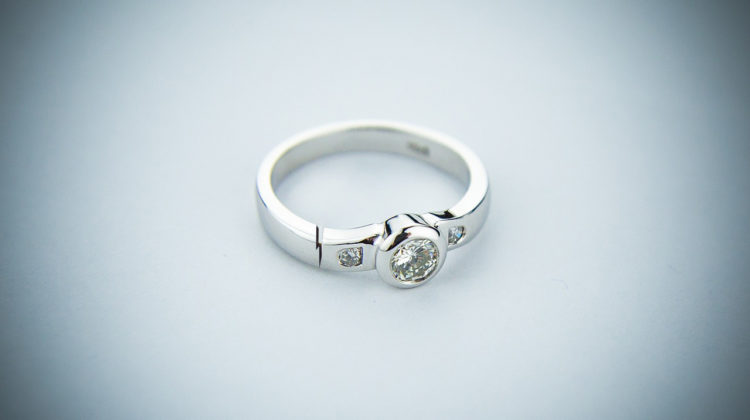Think about your living room lamp. Now think about your dog or cat. Are your feelings the same? The question seems ludicrous and the answer is obvious: of course your feelings are not the same. A lamp is a piece of furniture. Unless it is a cherished heirloom, it is highly unlikely that the thought of your lamp will evoke a strong emotional response. Thinking of your pet, however, is another story. Most pet owners think of their pets as members of the family, something they love and can’t imagine living without. New Yorkers especially seem to think of their pets as more human than animal. Couples refer to their pets as “fur babies,” animals on Instagram cultivate thousands of followers with their unique “personalities,” and many New York restaurants have special menu items just for our pooches.
Our intense love for our pets and the rise of a pet-centric culture make it more surprising that in a divorce, New York law views your lamp and your pet as one in the same. Both are considered property and the law does not consider the best interests of the property when determining how to divide it. It does not matter who walked her, fed her, who loves her more or who can care for her best. In other words, unlike a determination of child custody, which considers the best interests of the child, the law says pets are marital property and typically pet custody during a divorce is given to the one who purchased it.
However, a recent case suggests that there may be an opening to argue that your pet is not the same as other personal property. In 2013, the New York Supreme Court heard a case in which divorcing spouses were fighting over custody of their miniature dachshund, Joey. In Travis v. Murray, 42 Misc. 3d 447 (Sup. Ct. 2013), the Court determined that when divorcing or separating spouses are battling over custody of a dog they both love and raised “a strict property analysis is neither desirable nor appropriate.” Acknowledging that it was “impossible to deny the place [dogs] have in our hearts…” the court decided to hold a hearing where it would apply a “best for all concerned” standard in determining pet custody of Joey.
The opinion even suggested questions the parties should be prepared to answer at the hearing. The questions posed in the opinion give people fighting for custody of a pet an idea of what a court might consider in determining where the pet should live after a separation.
Questions include:
- Who has born the major responsibility for meeting the pet’s needs (i.e., feeding, walking grooming, trips to the vet)?
- Who spent more time with the pet on a regular basis?
- If you are moving, does your new location accept pets?
- Will the pet’s quality of life be substantially similar or better?
If you think that pet custody might be an issue in your divorce case, consider the questions above to assess the strength of your arguments. To learn more about pet custody during a divorce or separation contact Greenblatt Law.







